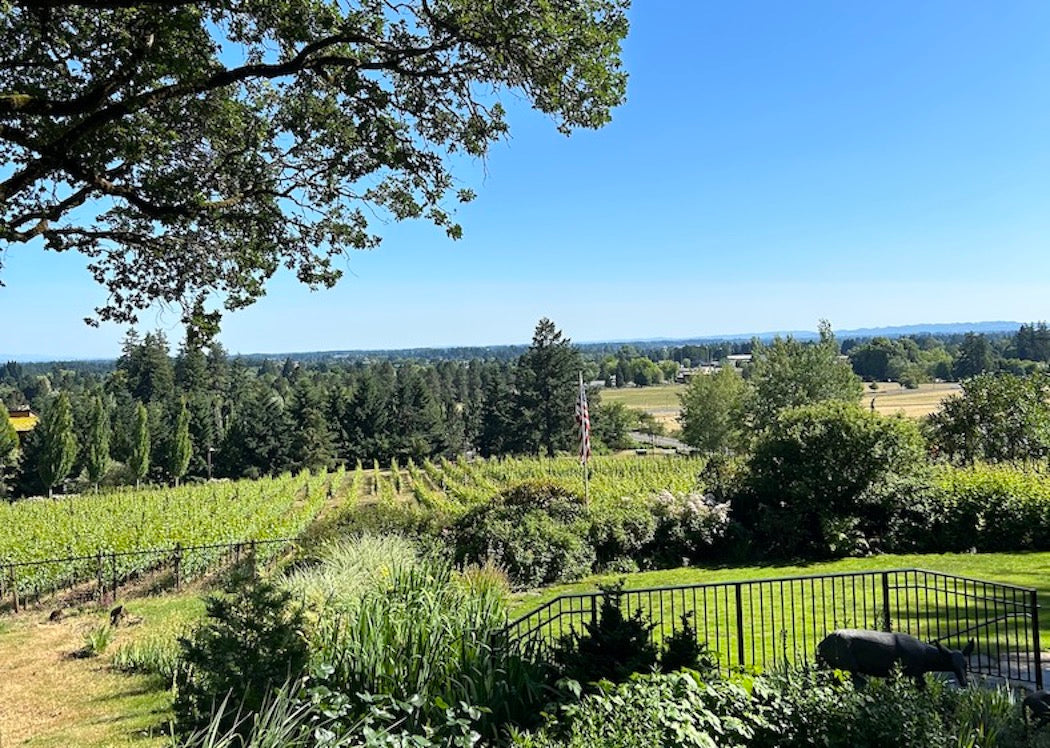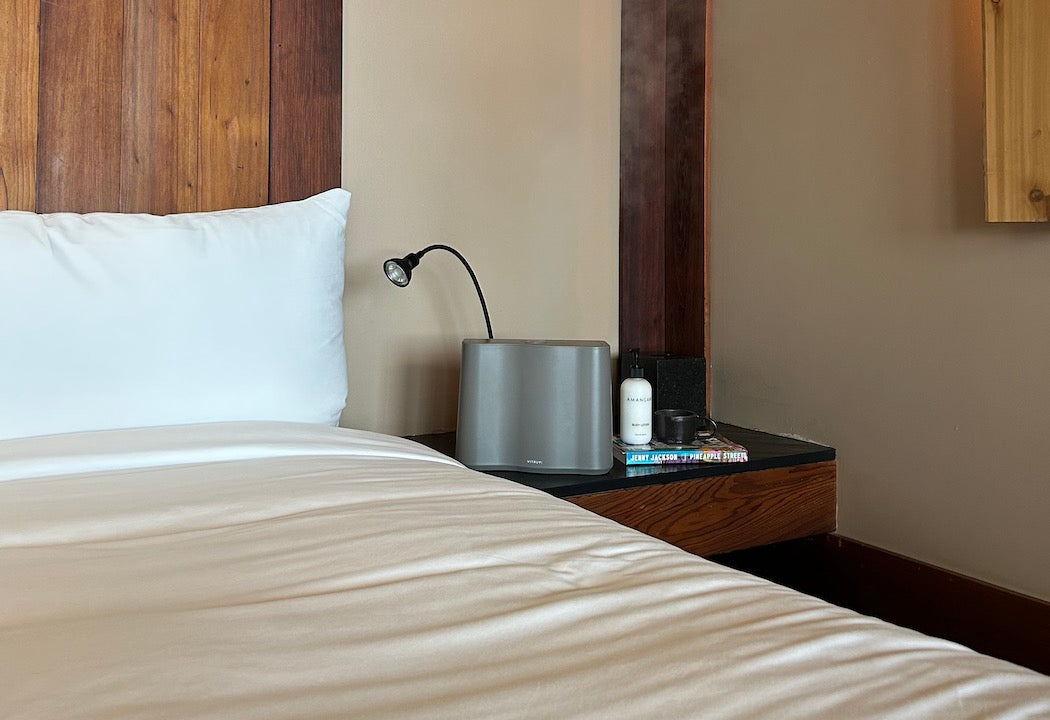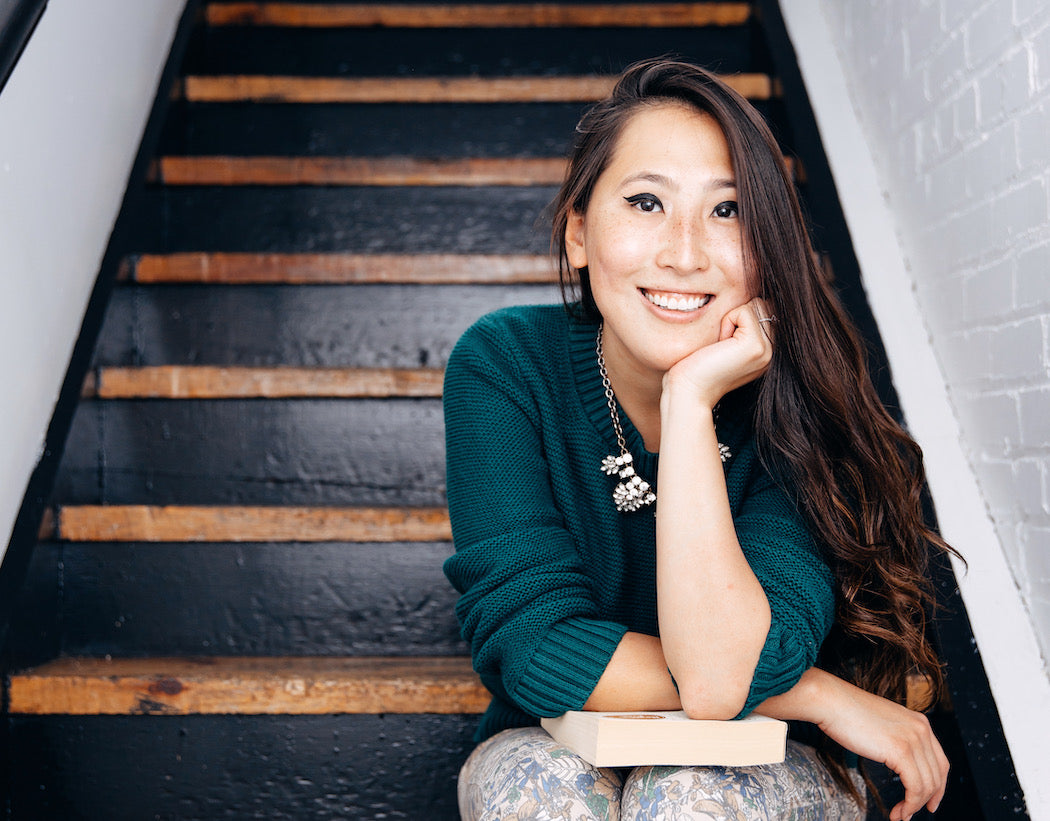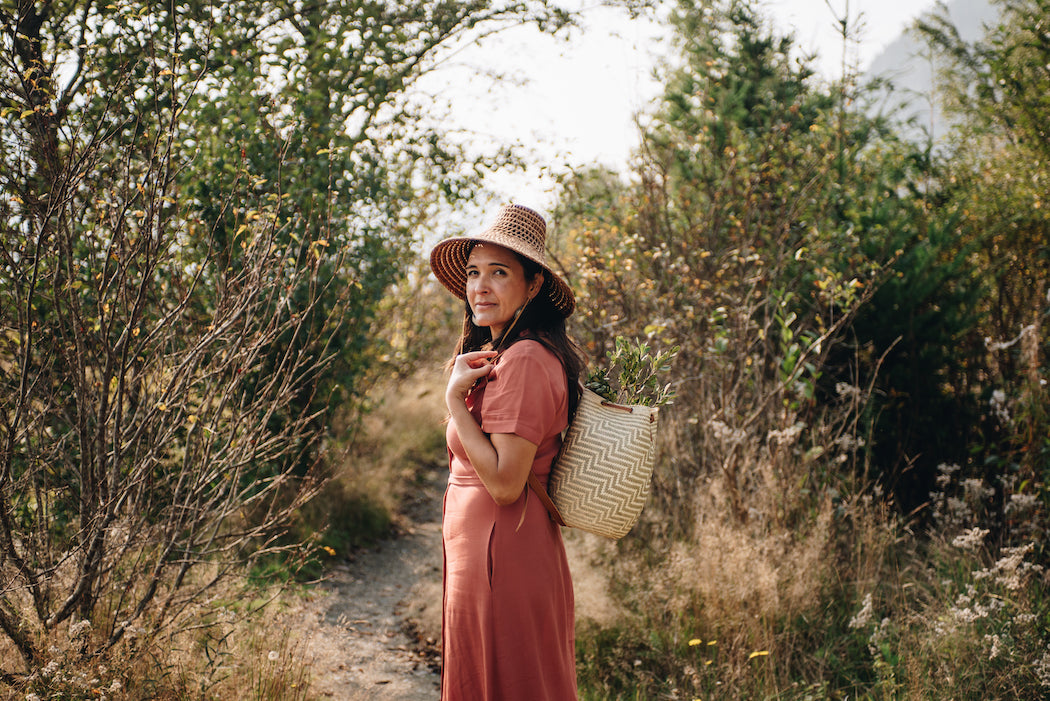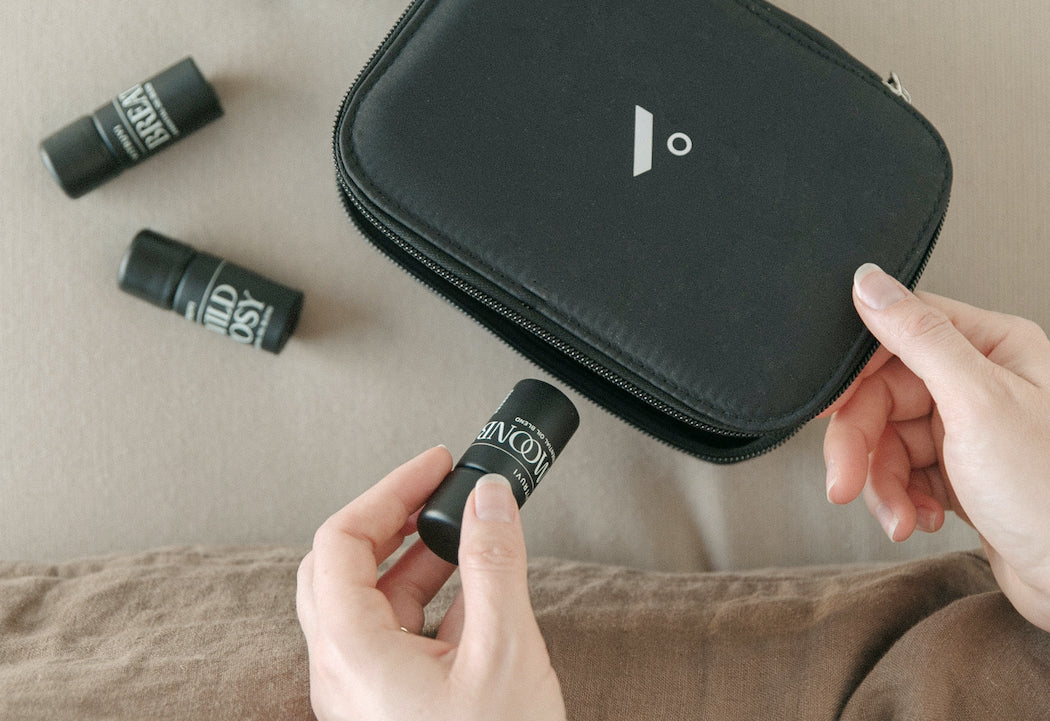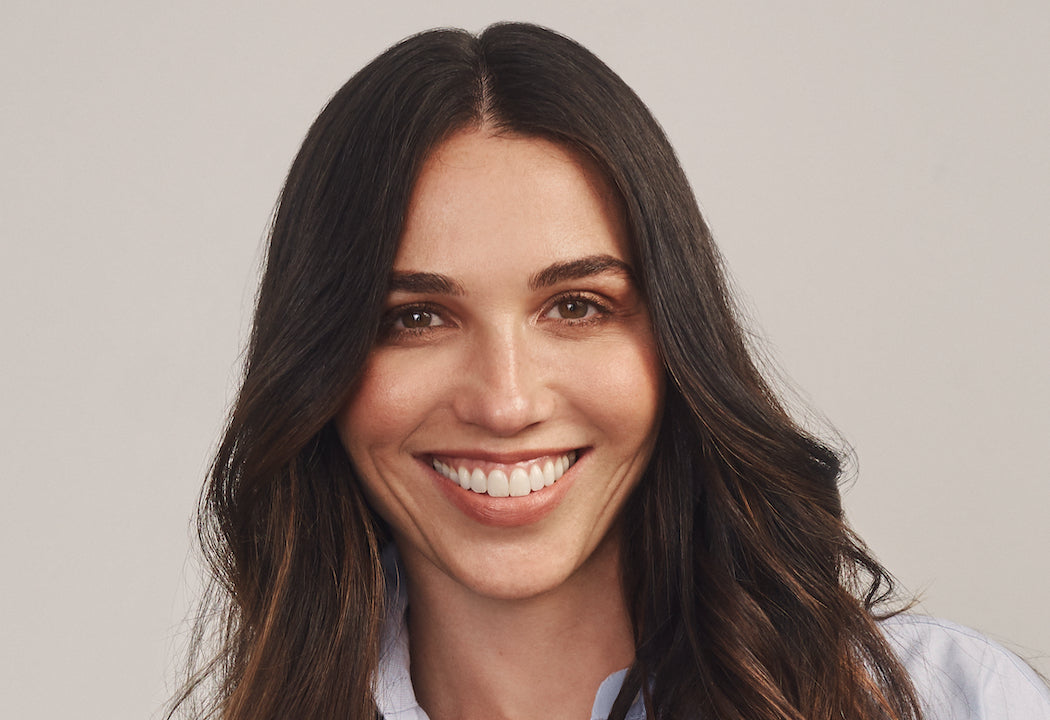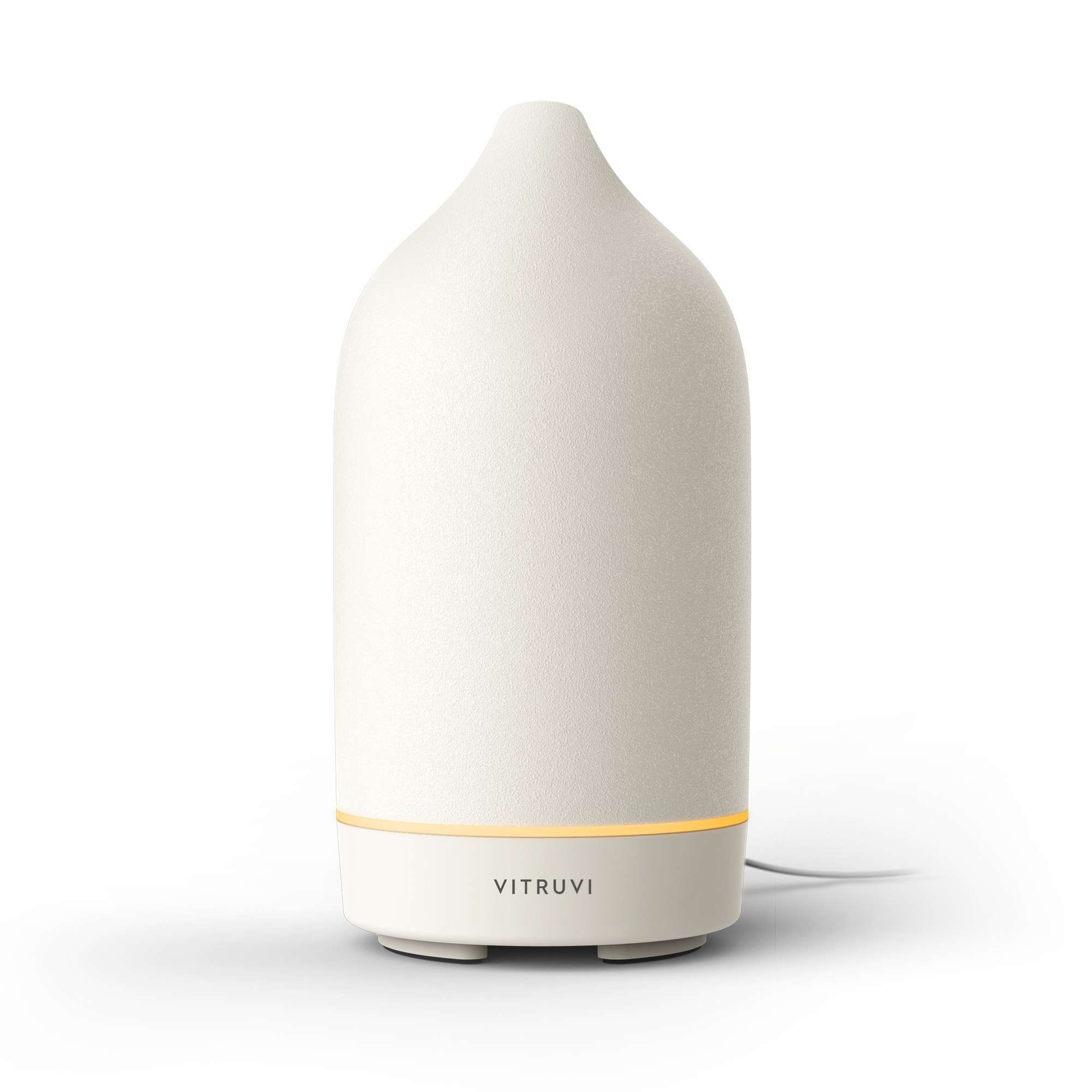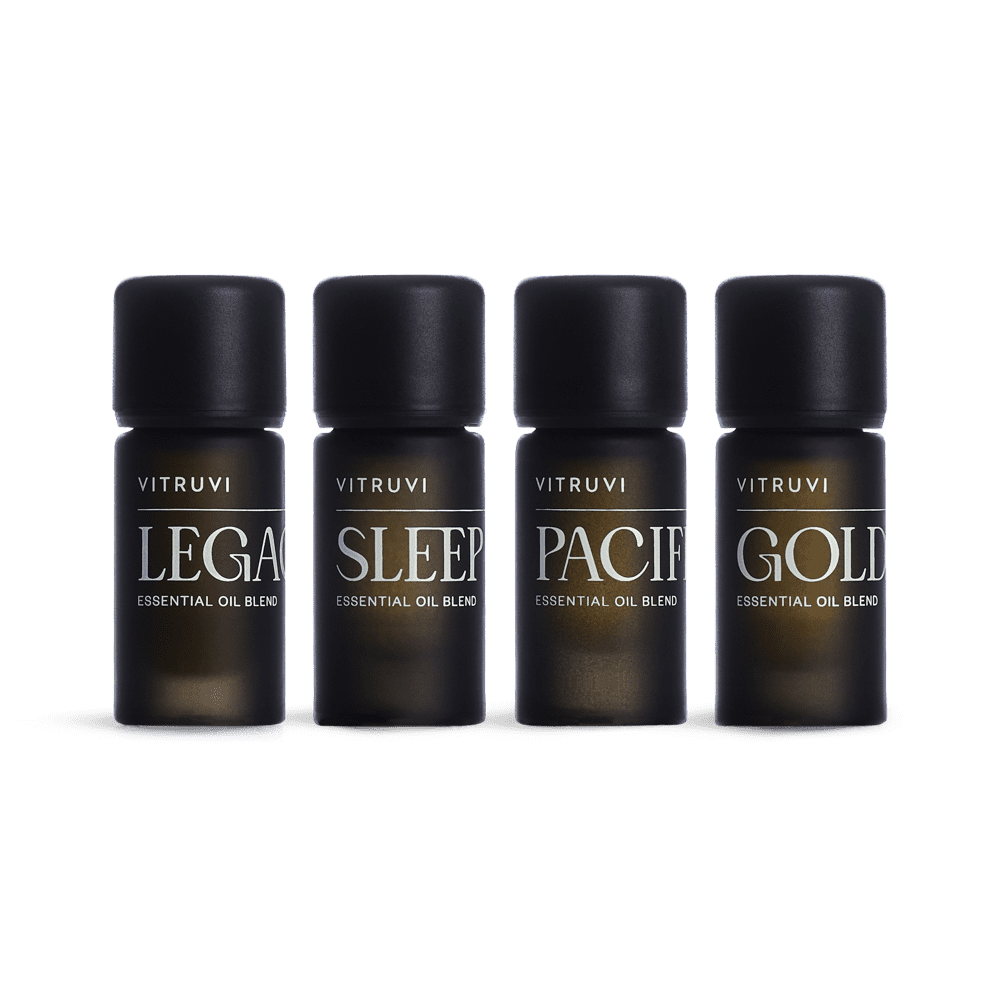Integrating ancestral practices into the wellness ritual space, Charlotte James and Undrea (Dre) Wright curate healing experiences for whole-body wellbeing. And while on the outside that may be the claim of many ceremonial wellness experiences, The Sabina Project, based in Baltimore, Maryland, is recognizably different by design.
“The Sabina Project is a Black-led platform for psychedelic education, ceremonies, and integration,” says James via video, sitting in a glowing pink room brimming with foliage. “The mission behind our work is to return reverence to sacred earth medicine and traditions, and to look at ancestral practice as a form of harm reduction.”
Though James has felt connected to plant medicine and wellness ceremonies since her teenage years, the sheer lack of diversity—in both participation and leadership—kept her from discovering just how healing the space could be. “I’m trying to move my life from Woodstock to Wakanda,” she says with a chuckle. She began her professional career working in grassroots harm reduction in conjunction with the opioid crisis, until burnout led her to explore different career paths. James knew that she still wanted to be part of the health and wellbeing space; what she didn’t know was that her early interest in plant medicine would set her on a journey of both self-discovery—and a new life’s mission to decolonize and reimagine the wellness industry. The realization triggered her to move to Bolivia, where she learned about plant medicine and psychedelic ceremony from elders and healers.
“All of my early experiences were because of proximity to whiteness and were in white-dominated spaces,” James explains, adding that she’s experienced a considerable amount of spiritual bypassing because of this. For many BIPOC, it’s environments like these that prohibit people from feeling like they are safe to be themselves—which in turn hinders their own depth of healing.
In its current state, our North American wellness market takes practices from cultures outside of North America—often BIPOC—and markets them to a predominantly white audience. It goes without saying that a white-centred wellness industry is pervasive; however, when we look at reconstructing the industry as a whole, it’s worth understanding the complexities of today’s colonized practices. For James, healing is not a homogenized, one-size-fits-all system; rather, it is a state of mind and way of living for the betterment of ourselves and our communities. By nature, it is something that should include, and work in ways to support, the collective as a whole. Which is a sentiment that James doesn’t often see in the industry.
“Being in a ceremony with predominantly BIPOC participants and then being served medicine by Black folks is really powerful, I think, for a lot of people. To see us—Black healers—in that role of serving medicine,” says James, who also cofounded inclusive body-positive collective We Are Nekkid. “A lot of these traditions were [historically] shared. When a tribe would figure out a plant was really good for treating an ailment, then the medicine people would travel around to share those messages with the communities around them. This is why we look back to ancestral practices—because right now in the psychedelic movement, we see a lot of young people leading other young people, as opposed to looking at how these medicines are used in a traditional context. Which is elders leading young folks in rights of passage to become true members of that collective and that society.”
For many, this generational disconnect of tradition has undoubtedly contributed to the incorrect use of medicines, and a lapse in respect towards ritual protocols. “We see a lot of these training programs advertising, ‘Learn to be a shaman in six months,’” James says. “And you have people out here facilitating ceremonies, or they go and sit one time in Peru and then they come back and are claiming to be an ayahuasca expert. So, it’s definitely an issue, but it’s important to recognize that these traditions don’t belong to any one set of people. You can see these traditions carried across so many spiritual practices.” Still, James stresses that it’s crucial to utilize these medicines and rituals in ways that respect and involve the various cultures they originate from.
One of the ceremonial practices that The Sabina Project offers is Kambo: a healing ritual that involves the venomous secretion of an Amazonian tree frog. And while Kambo ceremonies are traditionally run by women healers, James sees immense value in having her cofounder Wright take lead. “We so frequently see women in these roles, as it is passed down through the matriarchy; but I know that for me, sitting in ceremony with people like Dre, and having the nurturing presence of a Black man, is something that a lot of Black women have not experienced,” James admits. “I’ve seen that, both for myself and for other people, be the medicine.” Aside from Kambo, The Sabina Project offers Rapeh (a cleansing ritual using tobacco), and has a Ceremony Fund designed to ensure that financial barriers do not stop BIPOC from participating in these experiences. After all, wellness should be accessible to everyone.
“The medicine is doing the healing,” James asserts. “And we’re just bridges.”


